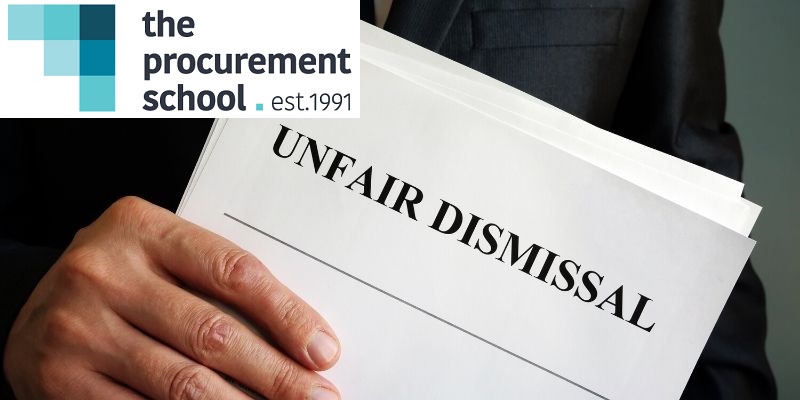In large recurring procurements, it is not uncommon for the same bidders to respond, and to have business dealings outside of the procurement process. Are there circumstances in which there is an implied contract between these bidders to treat each other fairly when responding to the procurement? Test your understanding of the convergence of contract […]



